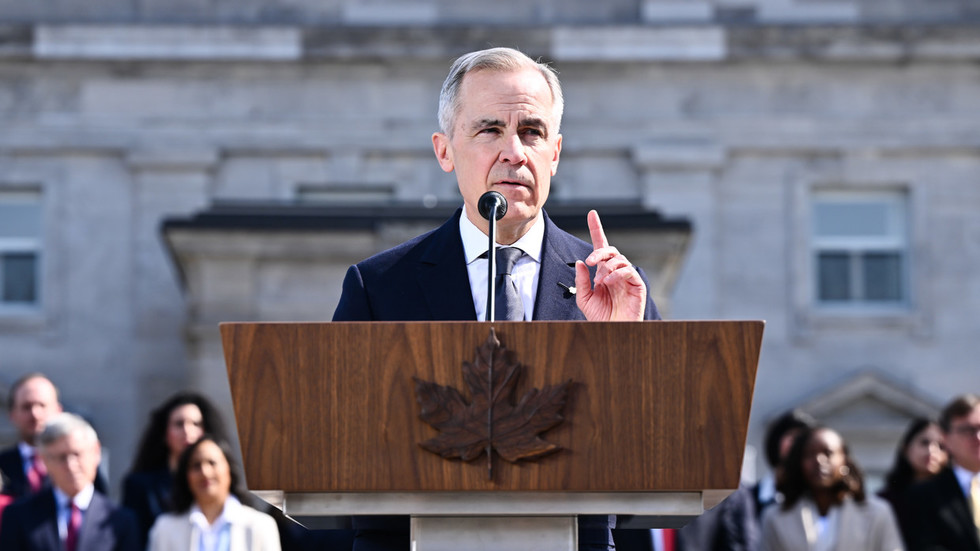After President Donald Trump unveiled his “Liberation Day” tariffs on Wednesday, a bipartisan pair of senators put forward legislation to give Congress more authority over future penalties on imports.
The “Trade Review Act of 2025” requires the president to notify Congress within 48 hours of imposing or increasing a tariff, providing reasoning for the duties as well as impact analysis on American businesses and consumers. It further mandates congressional approval via a joint resolution within 60 days for the tariffs to remain in effect. It also allows Congress to terminate tariffs at any time, excluding anti-dumping and countervailing duties.
Senate Finance Committee members Chuck Grassley (R-IA) and Maria Cantwell (D-WA) introduced the bill on Thursday — less than 24 hours after Trump imposed tariffs with a 10% baseline and rates up to 50% in some cases on several dozen countries, in response to what the president condemned as decades of unfair trade practices.
The legislation “mirrors” Grassley’s 2019 Section 232 tariff reform efforts as Senate Finance Committee chairman during Trump’s first term in the White House, according to a press release from the senator’s office.
“For too long, Congress has delegated its clear authority to regulate interstate and foreign commerce to the executive branch. Building on my previous efforts as Finance Committee Chairman, I’m joining Senator Cantwell to introduce the bipartisan Trade Review Act of 2025 to reassert Congress’ constitutional role and ensure Congress has a voice in trade policy,” Grassley said.
Cantwell said, “Trade wars can be as devastating, which is why the Founding Fathers gave Congress the clear Constitutional authority over war and trade. This bill reasserts Congress’s role over trade policy to ensure rules-based trade policies are transparent, consistent, and benefit the American public. Arbitrary tariffs, particularly on our allies, damage U.S. export opportunities and raise prices for American consumers and businesses. As representatives of the American people, Congress has a duty to stop actions that will cause them harm.”
Punchbowl News co-founder Jake Sherman indicated that he was doubtful the bill from Grassley and Cantwell would be signed into law, let alone making it through both chambers of Congress.
“The Grassley-Cantwell bill has huge hurdles,” Sherman said on X. “Even if Grassley-Cantwell passes the Senate, would [House Speaker] Mike Johnson take it up? Probably not. Would Trump veto it? Almost definitely. Would Republicans override his veto? What do you think? Probably not.”
Lawmakers on Capitol Hill have taken other steps toward reining in Trump’s tariffs, although these efforts also face challenges.
Senate Democrats forced a vote on a resolution from Sen. Tim Kaine (D-VA) to terminate an older national emergency declaration that Trump used to impose 25% tariffs on Canada. Four Republicans joined forces with Democrats and independents to pass the measure. On the House side, Foreign Affairs Committee Ranking Member Gregory Meeks (D-NY) said that he intended to force a vote on a resolution to end the new emergency declaration underlying Trump’s “Liberation Day” tariffs.

 By The Daily Wire (World News) | Created at 2025-04-03 18:45:08 | Updated at 2025-04-04 21:42:50
1 day ago
By The Daily Wire (World News) | Created at 2025-04-03 18:45:08 | Updated at 2025-04-04 21:42:50
1 day ago








